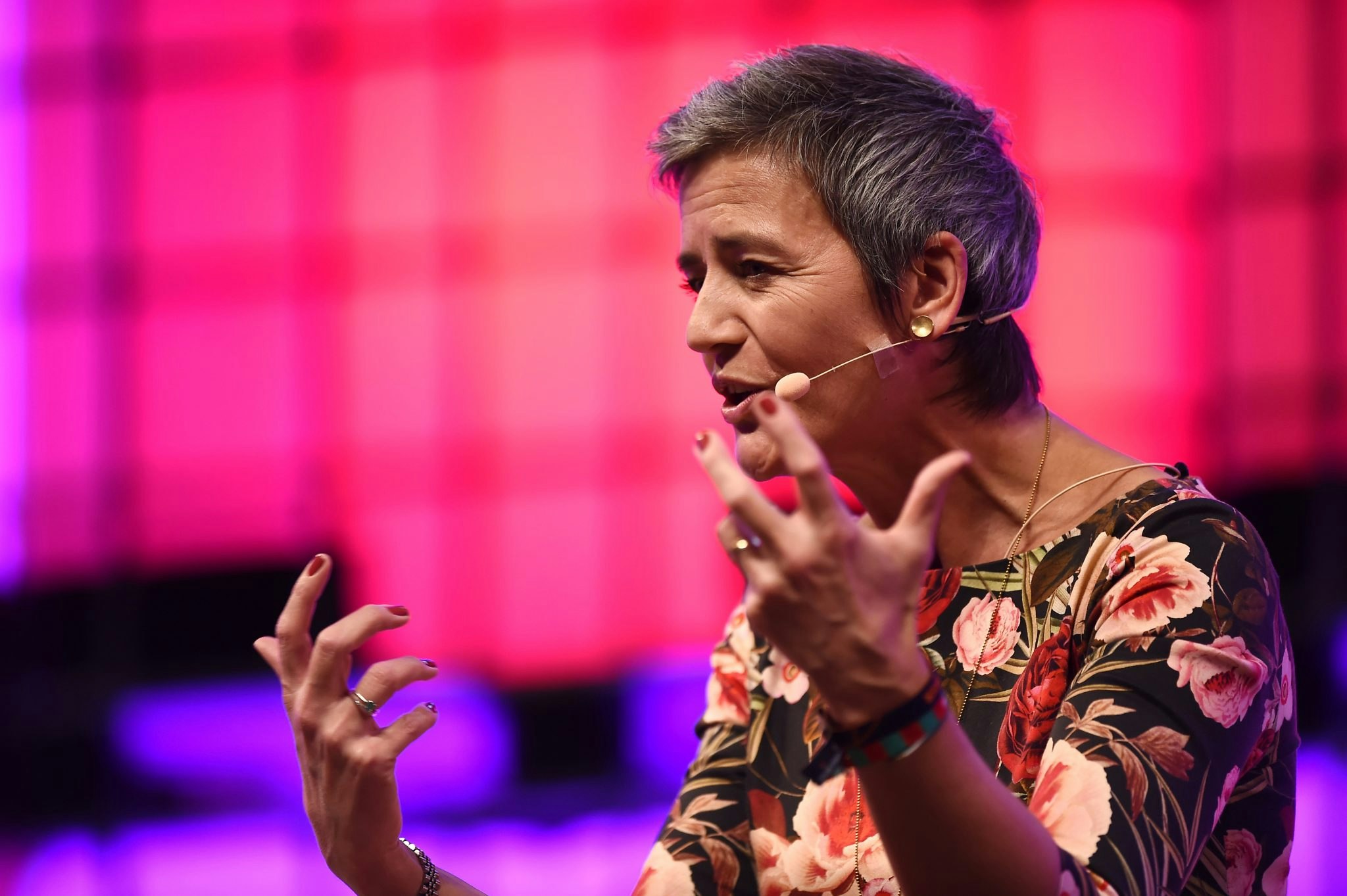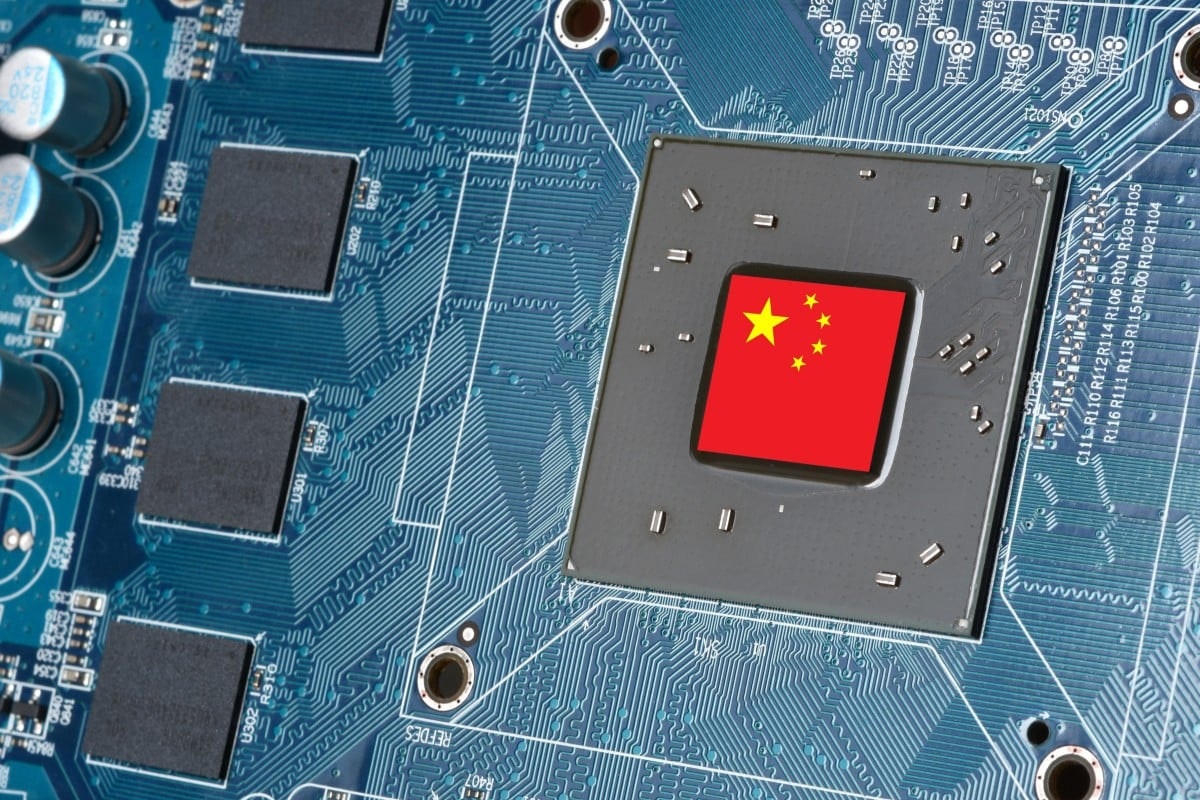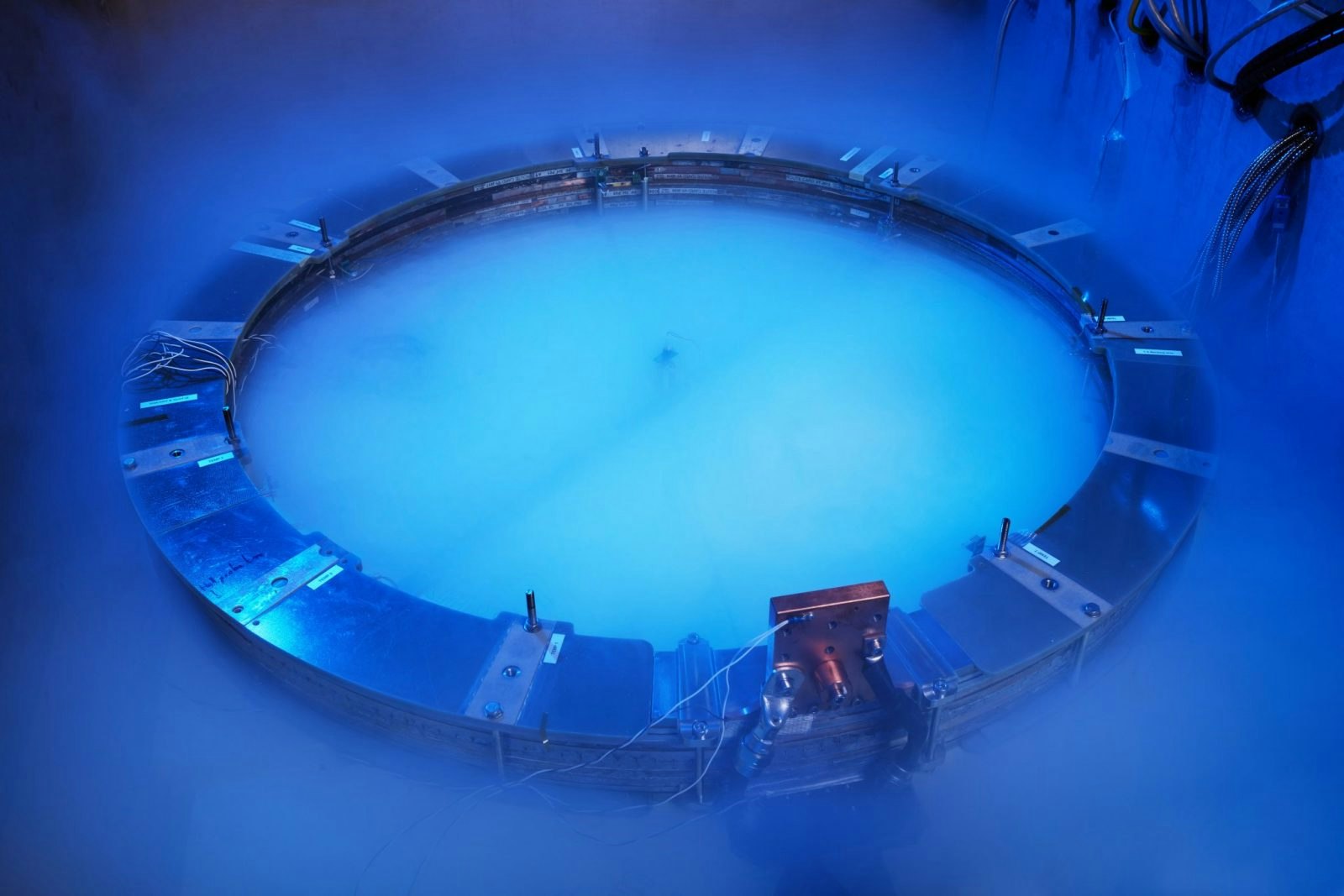Dutch VC PhotonVentures is raising a €100m fund to invest exclusively in startups developing technologies related to photonic chips — and today, it’s announcing a first close of €60m.
That might seem a tad niche, but photonic chips could be a huge deal one day. Photonic chips leverage particles of light — or photons — to process and transmit data, making them very fast and highly energy-efficient.
They could solve some of the challenges posed by electronic chips, which currently power the majority of digital devices we use, from phones and laptops to cars and medical devices, and bring significant change to a huge market.
“Integrated photonics sounds very limited,” says Pieter Klinkert, general partner at PhotonVentures. “We are a one-subject investment fund but, on the other hand, there are many different use cases.”
Betting on photonic chips
PhotonVentures is the VC arm of PhotonDelta, a Dutch organisation dedicated to accelerating the photonic chips industry by bringing together and investing in companies, researchers, manufacturers and other relevant technology partners.
PhotonDelta has contributed about 45% of the fund so far; the rest of the capital has been raised from private investors and family offices. Twelve startups previously backed by PhotonDelta have been transferred to PhotonVentures’ portfolio.
PhotonVentures aims to invest in an additional 10-15 startups with initial tickets ranging from €1.5m to €2.5m and follow-on investments of up to €6m.
Processing data with light
Although at an early stage of development, integrated photonics are a promising approach to developing next-generation chips.
Electronic chips — which transfer information using electrons and consume a lot of energy and generate a lot of heat in the process — are unlikely to be able to cope with the volume of data we’ll want them to process in the future.
Instead, photonic chips — which are faster, more energy-efficient and therefore more environmentally friendly — could be used in data centres to process large amounts of data while consuming less energy. They could also be used in healthcare to develop more accurate diagnostic tools or in transport to build more precise car sensors.
In quantum computing, photonic chips could be used to build an energy-efficient photonic quantum processor that could operate at room temperature. This would remove the need for sophisticated refrigerating technologies required by quantum computers that leverage electronic chips, which are a major obstacle to scaling the technology.
An emerging technology
It’s still early days for photonic chips. Klinkert says that the hardware is largely ready but the industry now needs a boost to create a supply chain that can reach similar production levels to electronic chips.
“Our main goal is to focus on the applications, which will then accelerate the supply chain,” says Klinkert.
Klinkert says that a number of proven use cases exist already, particularly in the telecoms industry, diagnostics and the development of sensors. PhotonVentures’ portfolio includes Dutch startup Surfix, which leverages photonic chips to detect the presence of biomarkers for cancer — but also more experimental companies like QuiX Quantum, which is building a quantum photonic processor.
The EU has indicated that it’s keen to support Europe’s nascent photonics industry, too. The Chips Act, which was adopted by EU members last month, describes photonic chips as one of the breakthrough technologies that should be supported in order to achieve the bloc’s ambitions.
That interest could work in PhotonVentures’ favour. “It’s early stages, so we do need government support,” says Klinkert. “And integrated photonics is absolutely considered a key European technology.”


